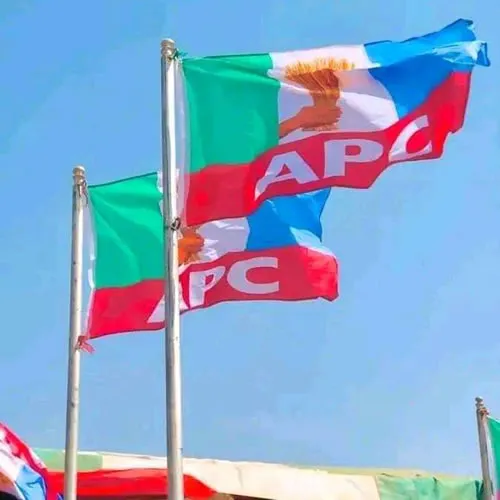Nigerian politics is never short of drama, and the latest exchange between the All Progressives Congress (APC) and Senator Kabiru Marafa has brought fresh controversy. The ruling party has dismissed Marafa’s recent comments against President Bola Tinubu, claiming the former lawmaker is yet to recover from his political defeat and has no influence capable of swaying the president’s mandate.
According to the APC, Marafa’s attacks on Tinubu are nothing but a reflection of frustration. The party insists that Tinubu’s victory was the outcome of wide acceptance across the country and not something that can be questioned by politicians seeking relevance after losing political ground.
For APC, Marafa represents a familiar pattern in Nigerian politics where former power players struggle to remain in the spotlight by criticizing those in office. The party stressed that Nigerians are more focused on the president’s economic reforms, policy direction, and international engagements than on recycled criticisms from individuals they consider politically irrelevant.
While the APC continues to defend Tinubu’s image, the bigger concern for citizens remains how the government’s decisions are affecting everyday life. The war of words may generate headlines, but ordinary Nigerians are measuring leadership by performance and tangible results.
Marafa’s comments may have sparked a strong rebuttal from the ruling party, but his criticism reflects the lingering divisions within Nigeria’s political space. Whether dismissed as bitterness or not, such exchanges reveal the constant struggle for relevance among political figures. In the end, the true test of leadership will not come from counter-attacks but from the delivery of promises made to the people.
More than news- Its Icegate

